Books
9 authors pick their favourite classic crime novels
With eccentric main characters, sinister motives and dark deeds a’plenty, the best classic crime novels established all the rules – and then broke them. The result? Some of the most iconic, clever and timeless books around that never fail to entertain time and time again.
We asked some top crime authors to share their recommendations. What would make your list?
 Richard Osman, author of The Thursday Murder Club:
Richard Osman, author of The Thursday Murder Club:
There is no getting past And Then There Were None by Agatha Christie. That classic set-up, ten strangers cut off from the world. Secrets, lies, murders, and then a solution so beautiful and so elegant. The first time you read it, it knocks you off your feet. I defy you to see the twist coming. But then you can read it for a second time, and simply delight in Agatha Christie’s wonderful sleight of hand. What every crime and mystery novelist aspires to.
 Alex Pavesi, author of Eight Detectives:
Alex Pavesi, author of Eight Detectives:
The Man Who Was Thursday by G K Chesterton is one of the most bizarre and brilliant books I’ve ever read. Is it even a crime novel? The main character is a detective, at least. Under the code-name ‘Thursday’ he infiltrates a secret anarchist organisation, but soon finds that the detectives and criminals are indistinguishable. A religious allegory, steeped in surrealism, it’s also deadly serious, written only seven years after an anarchist assassinated the sitting American president. With this masterpiece, Chesterton asked how he could reconcile his faith with the state of the world. I doubt he found an easy answer and the book certainly doesn’t provide one.
 Christopher Fowler, author of Bryant & May: Oranges and Lemons:
Christopher Fowler, author of Bryant & May: Oranges and Lemons:
Edmund Crispin composed the music for six Carry On films and wrote the Gervase Fen books, eleven joyous volumes, my favourite of which is The Moving Toyshop. The hero is a professor of English literature who assumes the reader can keep up with him as he spouts literary allusions while cracking crimes. One evening Fen sees a murder in a toyshop, but not only does the crime vanish; so does the shop. The investigation is fast and fun, its hero charming, brilliant and badly behaved. Fen dives into pubs, plays word games and sings badly, anything rather than stick to the investigation at hand. Sometimes he breaks the fourth wall and makes jokes about his publisher. The adventure is such a joy that you don’t care so much about the crime, but the solution is outrageously ingenious and highly implausible. I had great fun homaging the novel in Bryant & May: The Victoria Vanishes.
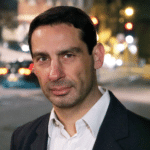 Gareth Rubin, author of The Winter Agent:
Gareth Rubin, author of The Winter Agent:
Private Memoirs and Confessions of a Justified Sinner. Think American Psycho set in seventeenth century Scotland. Written in 1824, James Hogg’s astonishingly sophisticated depiction of good, evil, sanity and madness all wrapped up in religious fanaticism will make you avoid the backstreets of Edinburgh for the rest of your life. If that’s not enough to grab you, this little Gothic masterpiece inspired Dr Jekyll and Mr Hyde.
 Liz Nugent, author of Our Little Cruelties:
Liz Nugent, author of Our Little Cruelties:
I only read The Collector by John Fowles, first published in 1963, very recently. It features a working-class butterfly-collector who becomes obsessed by a young, beautiful bourgeois art student. After a massive win on the pools, Fred sets out to collect and pin down the beautiful Miranda like one of his butterflies, buying a house in the remote countryside and adapting its cellar for her ‘comfort’. He easily abducts her in a white van. He has no wish to rape her, or harm her. But he wants to possess her and study her. This is a dual narrative story and as the weeks drag to months, the story switches from Fred’s to Miranda’s point of view as she writes secret letters. I won’t spoil the ending – suffice to say, it is utterly chilling from start to finish. Neither Fred nor Miranda are particularly sympathetic characters, yet they are drawn so brilliantly that I found myself rooting for both of them at times and then being disgusted with myself!
 Tony Parsons, author of #taken:
Tony Parsons, author of #taken:
My favourite crime novel of all time is Rebecca by Daphne du Maurier. You don’t think Rebecca is a crime novel? You think it’s just some dopey love story? Then you have never read it! There is a cold-blooded murder at the heart of Rebecca and its presence haunts every line of Daphne du Maurier’s classic. Nobody was better on jealously, mad passion and human spite that Daphne du Maurier. There is even another crime in the very last line. I can’t imagine any crime reader – or writer – not loving Rebecca.
 Nicholas Shakespeare, author of The Sandpit:
Nicholas Shakespeare, author of The Sandpit:
“I returned from the City about three o’clock on that May afternoon pretty well disgusted with life.” So begins a story that takes merely 97 pages to tell, and tolerates reading and re-rereading, despite the loud creaks of its plot and the sometimes jarring prejudices of its time (1915). For sheer narrative chutzpah, John Buchan’s The Thirty-Nine Steps rings out like a tuning fork, setting a pace that all writers in their hearts aspire to. The reader is out of the traps the instant that Buchan’s hero Richard Hannay discovers his guest lying sprawled on his back. “There was a long knife through his heart which skewered him to the floor.”
 C J Tudor, author of The Other People:
C J Tudor, author of The Other People:
I love books that play with reality, turning everything you thought you knew on its head. Shutter Island by Dennis Lehane does that perfectly. It’s 1954 and US Marshal Teddy Daniels and his new partner, Chuck Aule, have come to Shutter Island, home of Ashecliffe Hospital for the Criminally Insane, to investigate the disappearance of a patient. But nothing at Ashecliffe Hospital is what it seems. And neither is Teddy Daniels. Dark, sinister, gothic, creepy and unrelenting. I came late to Lehane but it’s easy to see why he’s regarded as a master of suspense writing. Possibly the best twist in any book ever.
 Ragnar Jonasson, author of The Mist:
Ragnar Jonasson, author of The Mist:
My top crime novel would be Agatha Christie‘s The Murder of Roger Ackroyd, published in 1926 and featuring Hercule Poirot. It is the defining title of the golden age of crime fiction and the book that made Agatha Christie a star. The twist at the end is so clever and original that I think it is fair to say that no crime author has pulled of such a surprise since then.
What’s the best classic crime novel you’ve read? Let us know in the comments below!
2 Comments
Join the discussion
Please note: Moderation is enabled and may delay your comment being posted. There is no need to resubmit your comment. By posting a comment you are agreeing to the website Terms of Use.
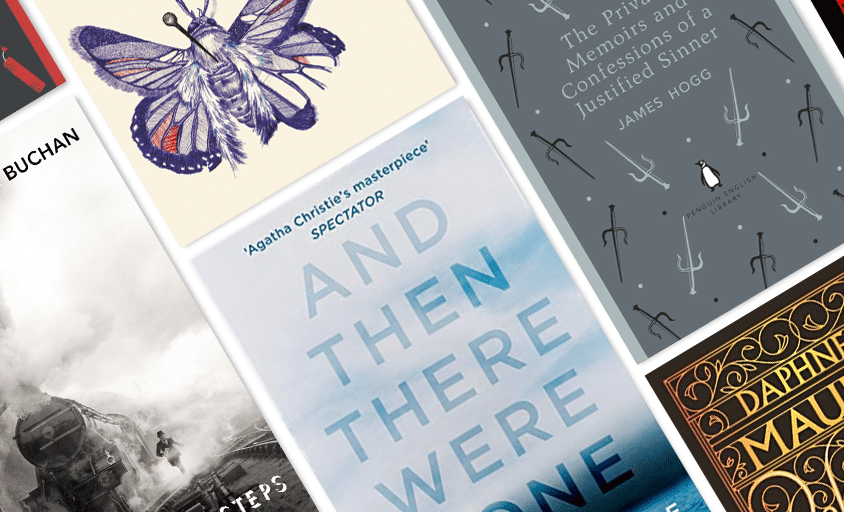

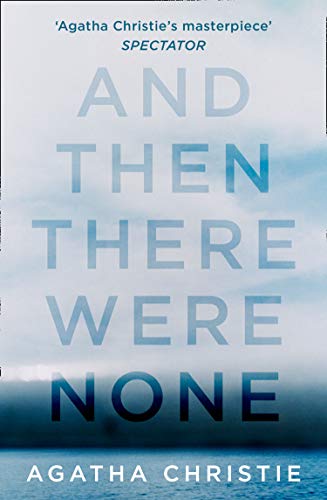
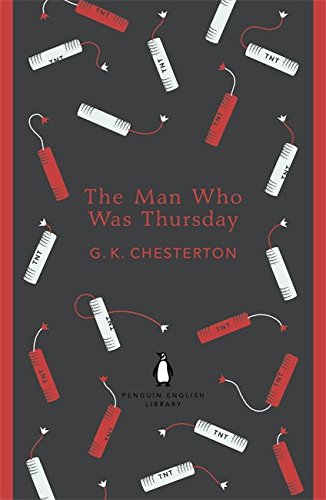
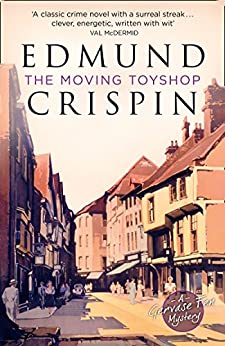
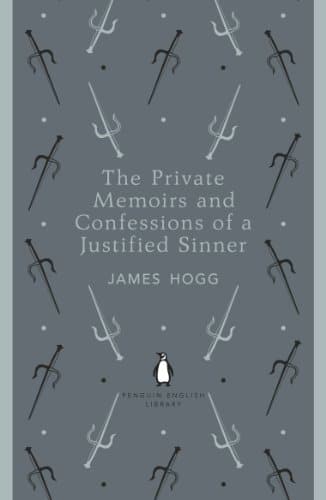
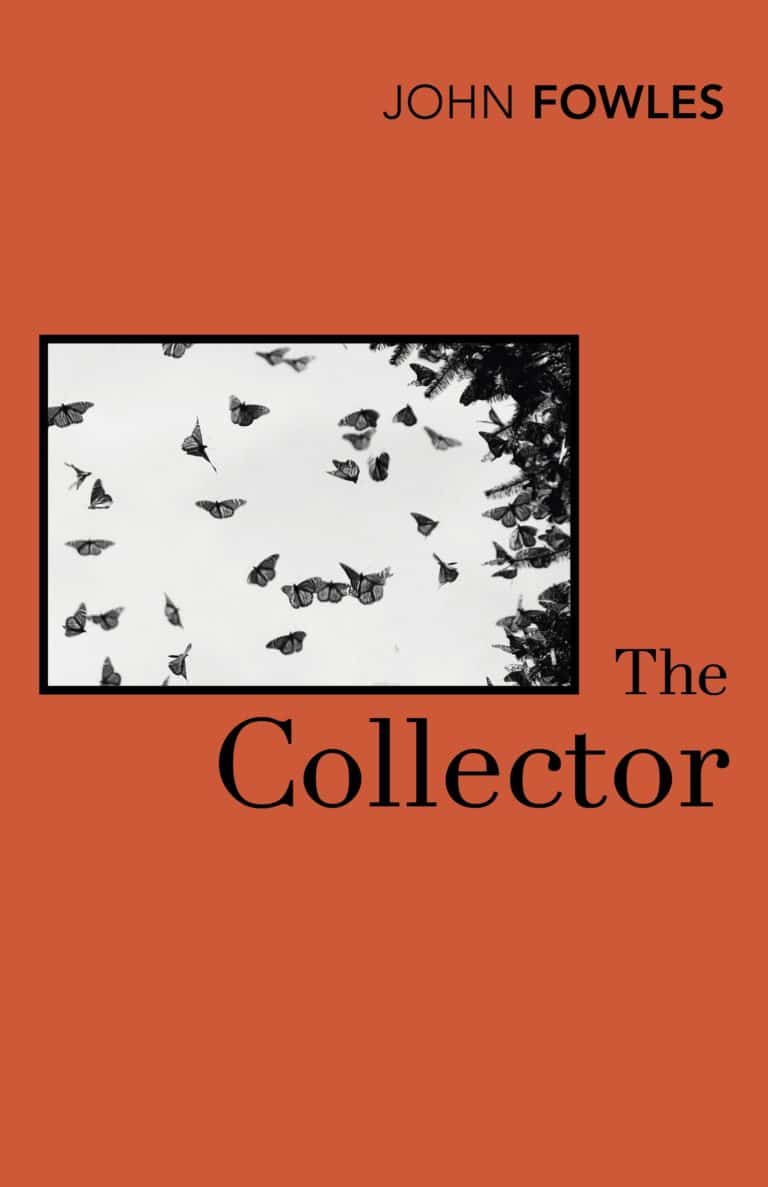
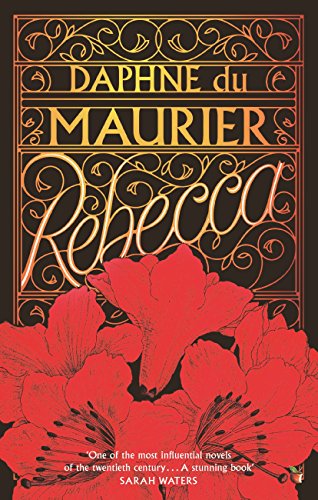
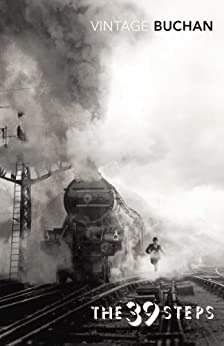
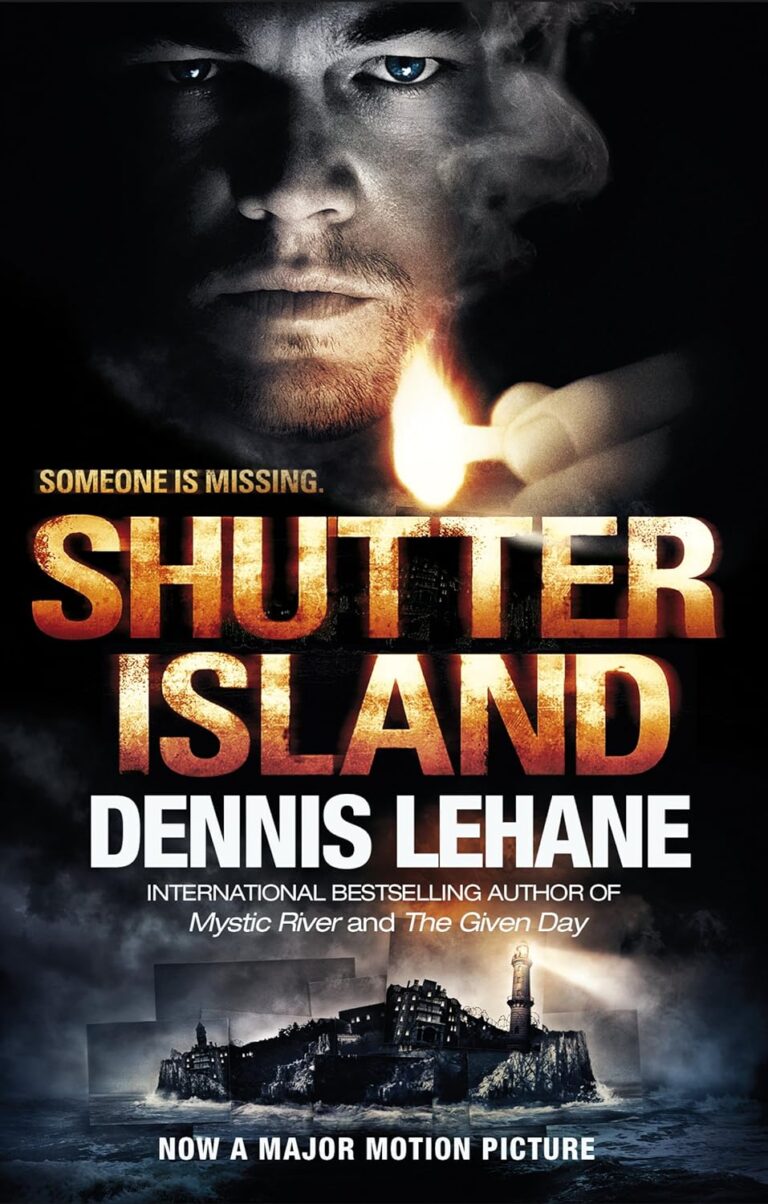
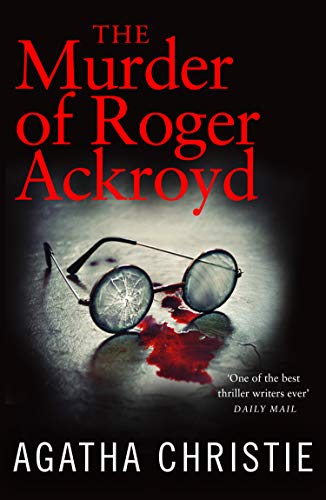
The choices are wonderful. It’s hard to beat Agatha Christie. Witness for the Prosecution would make my list.
Excellent picks! All of them familiar, but some not read. You have inspired me to read & re-read 🤗
Cheers!